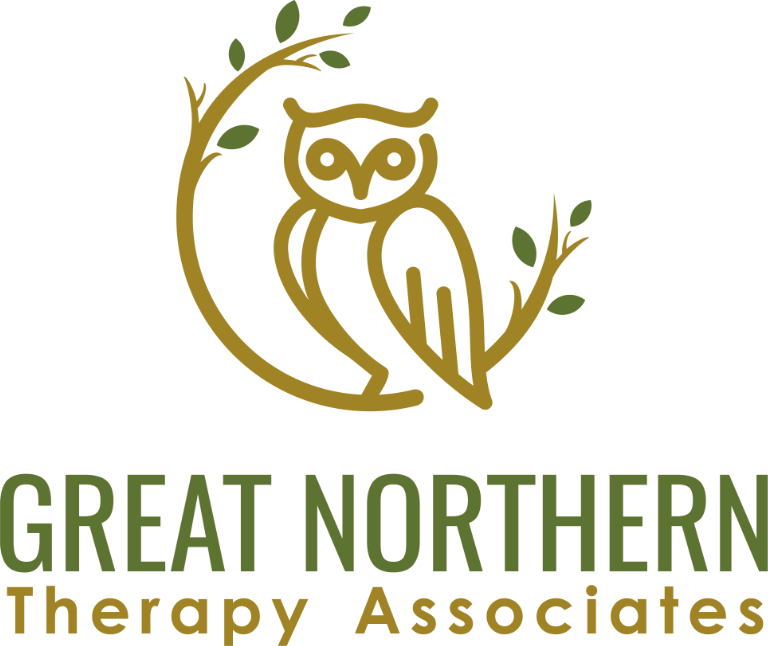Human resources professionals and EAP program managers are are crucial to the wellness of the organizations they support. They organize initiatives and are asked to recognize the symptoms of distress and burnout in others within the organization. These roles have not gotten easier since the COVID-19 pandemic shook up the workplace.
One thing that has become apparent is that these roles, through which so much care is given to others, don’t necessarily have anyone keeping an eye on them for burnout. The result is that HR professionals are often feeling burnt out themselves, and in need of a lot of the same accommodations that are given to the employees who they are helping.
Increasing Demands During the Pandemic ‘Work-From-Home’ Era
Workers have been voluntarily resigning en masse, a phenomenon described as “The Great Resignation” by Anthony Klotz, a professor at Texas A&M’s Mays School of Business. Managing the demands and unhappiness of employees has been a challenge that is increasing in difficulty during this period.
A positive development is that there is a huge increase in awareness about mental health issues, with more than 80% of Americans report one or more symptoms of depression during COVID-19 Pandemic, according to Field Trip Health’s First Annual “State of Mind” Survey. But, the responsibility for managing the challenges to the emotional wellbeing of workers often falls on the shoulders of a small set of HR employees and EAP managers.
Also, the transition to work from home (WFH) and then the slow transition back to hybrid work has created a ton of logistical challenges for organizations, as WFH employees then faced a
Facing the Facts: Burnout Happens to All Employees
As professionals, HR and EAP Managers have done much to improve the well-being of other employees, however they have failed to notice that they are becoming burned out themselves. According to the Institute for Corporate Productivity, senior ranking HR executives from large-scale organizations and 60% mentioned burnout.
Perhaps they have seen it but are avoiding facing the issue because they are in denial. Individuals may try to push through and get what needs to be done. Much of that mindset is based on the belief that they are solely responsible for staving off burnout.
Building Relief for Burnout into Routines
Although it may feel as if you need to sit on the beach for two weeks to decompress, benefits would be temporary and wouldn’t address the underlying causes of your exhaustion. It’s better to integrate daily routines that will alleviate stress. Here are some suggested methods to try:
- Daily Refueling: HR and EAP Managers should identify what recharges them—whether it’s a walk outside, a nap, or stretching and doing a breathing exercise.
- Saying ‘No’ When it’s Appropriate: Sometimes, people will ask for things that you shouldn’t agree to. Having boundaries is a healthy way to reduce stress and stave off burnout.
- Weekly Pause: There should be one enjoyable break or recreational activity each week that you can look forward to. This might be a dinner with friends or something else which will allow you to decompress and escape from your stress.
- Passion Projects: Everyone has a variety of tasks that they are responsible for, and some of them are more engrossing and thus, energizing. It is important to balance your daily load of activities to include projects that you feel passionate about.
- Novelty and Fun: Ruth Pearce, who coaches burned-out managers, suggests that they try ‘new-to-them’ activities such as ax throwing or go-kart racing to inject fun and stress relief into the work week. Studies show that new activities boost dopaminergic activity in the brain, which is associated with motivation and rewards. Another option is to revisit tasks that used to be fun in childhood, like reading comic books or roller-skating.
Getting Counseling is Always a Positive Choice
Regardless of how dire the situation may feel, making an appointment with a counselor and talking to them about your emotions and feelings vis-à-vis your work load and responsibilities will illuminate solutions that you may not have thought of on your own. These might be ideas like taking action in your schedule to protect your sleep, or perhaps enforcing a personal rule that you take a ‘once a quarter’ vacation. A counselor might help you identify that you are well-served to decompress alone, taking a break even from family. This allows you to choose activities that you might not have thought of previously, like going alone to see a movie in a theater periodically.
Great Northern Helps Injured Workers Recover
Great Northern Therapy Associates’ mission is to improve the lives of injured workers. We have therapists throughout many states who can meet via remotely (and in person, if preferred), to work with injured workers and develop an individualized plan to help them adjust and successfully return to work.
We have partnered with and provided mental health support to workers at some of the largest companies in the world. But, at our core, we are still “people taking care of people,” one person at a time. Contact us today by filling out a form (below), submitting a referral, or calling us at the number below.

